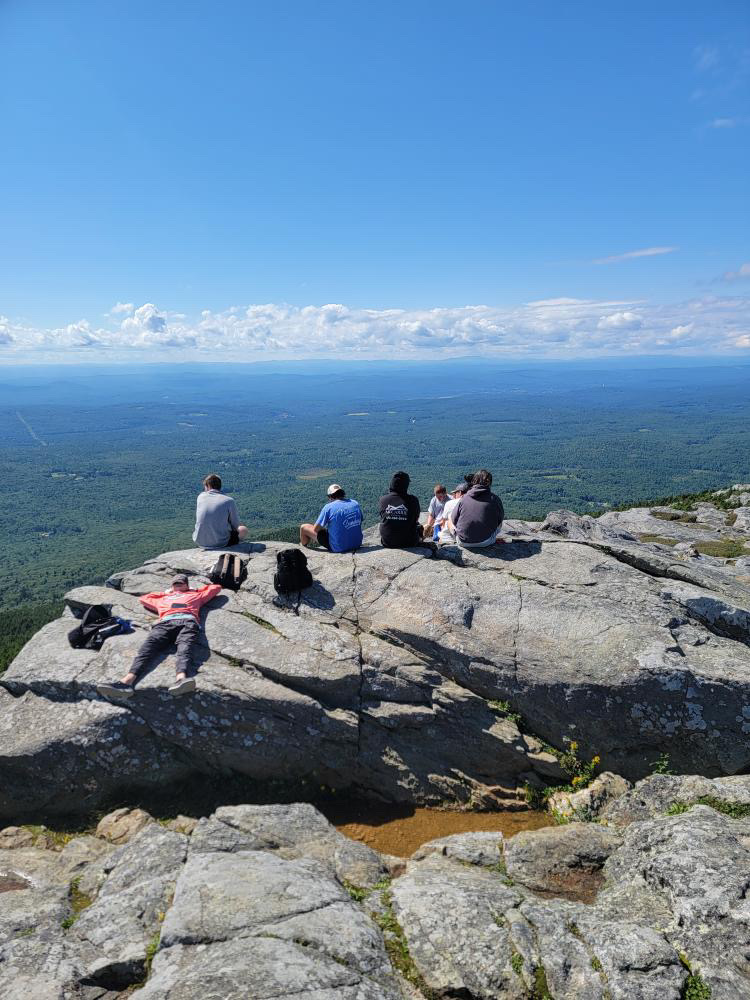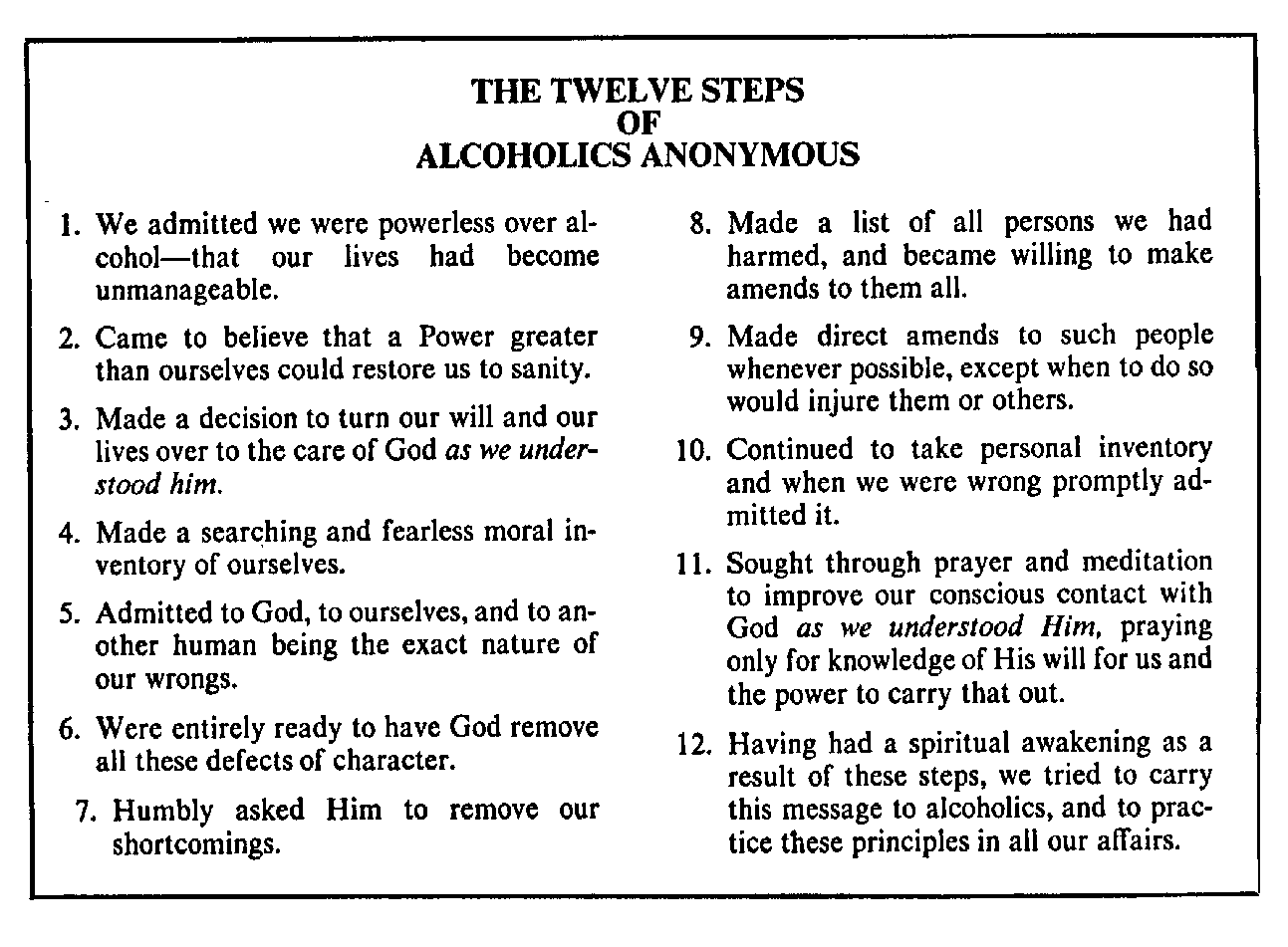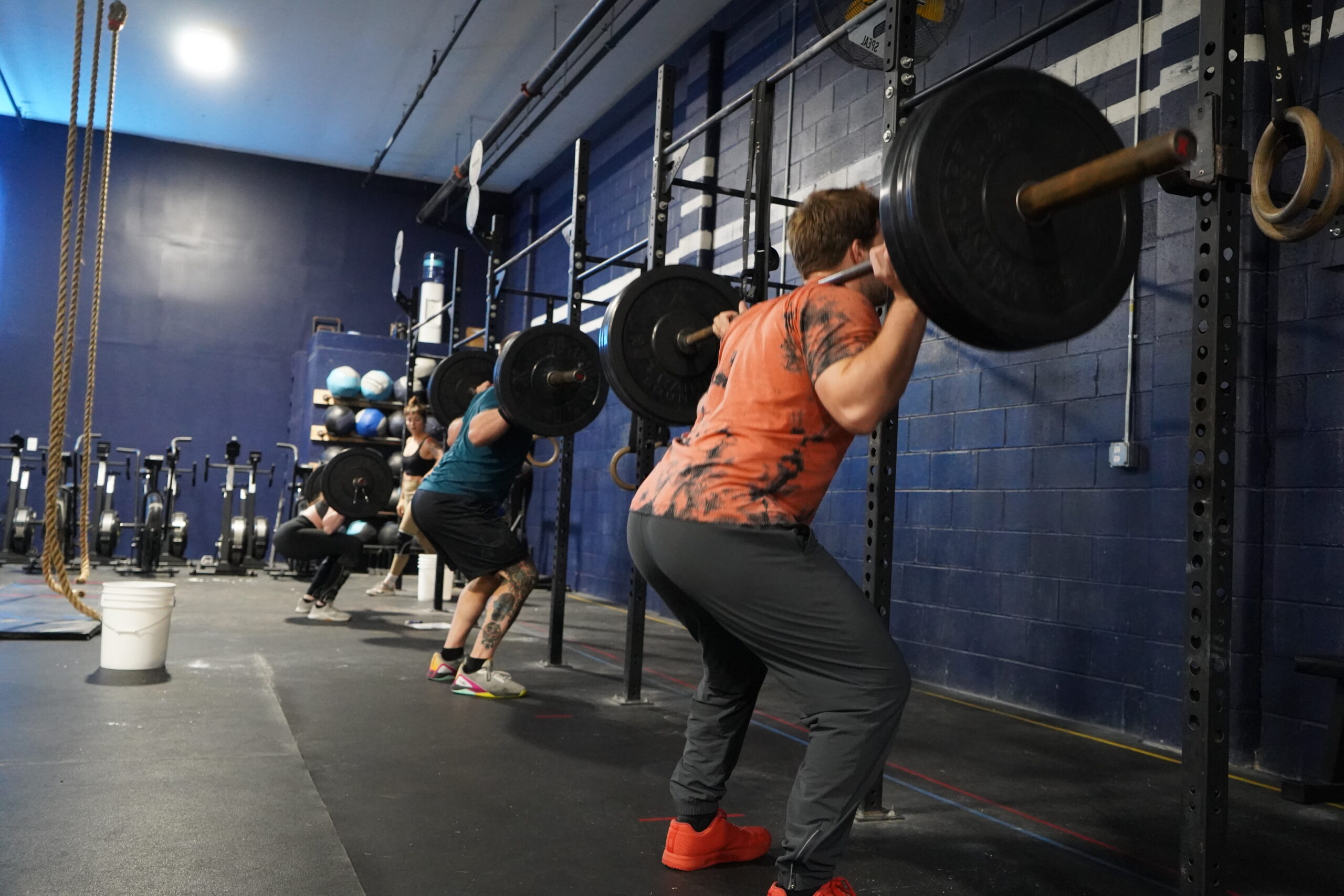
Hiking, much like addiction recovery, requires dedication, perseverance, and quite a bit of effort. While we know that traditional therapies like CBT or Motivational Interviewing are powerful tools in addiction treatment, we can’t deny the research that supports the transformative power of movement. While many physical activities mirror the recovery process, hiking offers some unique qualities: the great outdoors, physical challenges and rewarding views. At Surfside, we’ve found that hiking can contribute to addiction recovery, nurturing the mind, body, and soul.
The Healing Power of Nature
Nature has a remarkable ability to soothe and heal the human spirit. In recovery from addiction, reconnecting with nature can offer a fresh perspective and a renewed sense of purpose. Spending time outdoors allows people to step away from the stressors and triggers of daily life, providing a sanctuary for self-reflection and growth.
Purposeful movement fosters mindfulness, helping folks stay present and grounded. This is a valuable skill that our residents can carry into their daily lives, especially in high-stress or triggering environments. A meta-analysis of multiple studies in 2010 revealed that “green exercise,” or physical fitness in nature, improves self-esteem and improves mental health.
Physical Health and Well-being
Hiking, like so many other physical activities, encourages overall well-being. Like we’ve said a thousand times all over our website and social media, there’s a world of science that supports the transformative power of movement. Regular exercise, from CrossFit to hiking, triggers the release of endorphins, the body’s natural “feel-good” chemicals. These endorphins can alleviate feelings of anxiety, depression, and stress — common emotional challenges in the recovery journey.
Engaging in physical activities like hiking also supports the body’s physical recovery process. It helps restore balance to the body’s systems that may have been disrupted by substance abuse, such as sleep patterns and appetite regulation.
Setting (and achieving!) Meaningful Goals
In addiction recovery, it’s important to set goals and begin to take meaningful action. Hiking can be the perfect metaphor for goal-setting in our daily life: we know where we’re going, we have a general idea of the path to get there, and we put one foot in front of the other with our reward in mind. When we feel overwhelmed, bored or exhausted, we take time to pause/rest, but remain focused on our goal. When we reach the summit of our hike, we are rewarded with beautiful goals and a sense of real accomplishment. This boosts self-esteem and overall confidence.
What we learn on the trail is reflective of our daily life. We learn discipline and determination, which we can carry into our personal lives and life goals.
Creating Community and Memories
Many of our Surfside alumni share that a long hike in early recovery is one of their fond memories. Often these hikes helped men to form deeper bonds with their fellows on the trail, sharing belly laughs and meaningful conversations. Over the years we’ve accumulated dozens of pictures from the tops of mountains, in front of a waterfall or halfway up a trail.
The experience of doing something challenging together – whether it’s completing a hike or getting sober – is so powerful. A long hike frequently deepens the bonds between people as they encourage one another along the way.
Our Takeaway:
Hiking through addiction recovery is more than just a leisurely activity. It’s a transformative journey that nurtures the mind, body, and soul. As individuals lace up their hiking boots and venture into the great outdoors, they are embarking on a path of healing, growth, and lasting transformation.




